Fueling Up: Managing Gas Needs In Anticipation Of A Hurricane
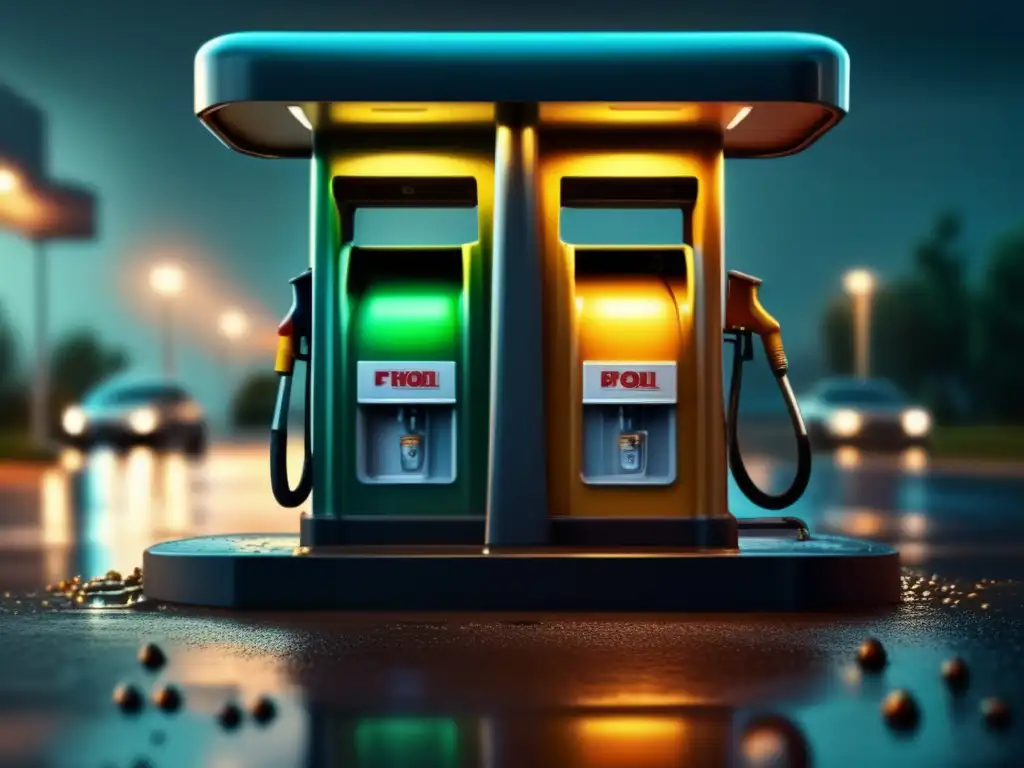
Fueling Up: Managing Gas Needs in Anticipation of a Hurricane
Introduction
The hurricane season can be an unpredictable and stressful time for those living in hurricane-prone areas. One of the essential steps in preparation is fueling up your vehicle, generator, or any other equipment that requires gas. With power outages, road closures, and long lines at the pump, it's essential to manage your gas needs before a hurricane hits. In this article, we'll discuss how you can fuel up in anticipation of a hurricane and avoid any potential complications.
Understanding Gas Needs During a Hurricane
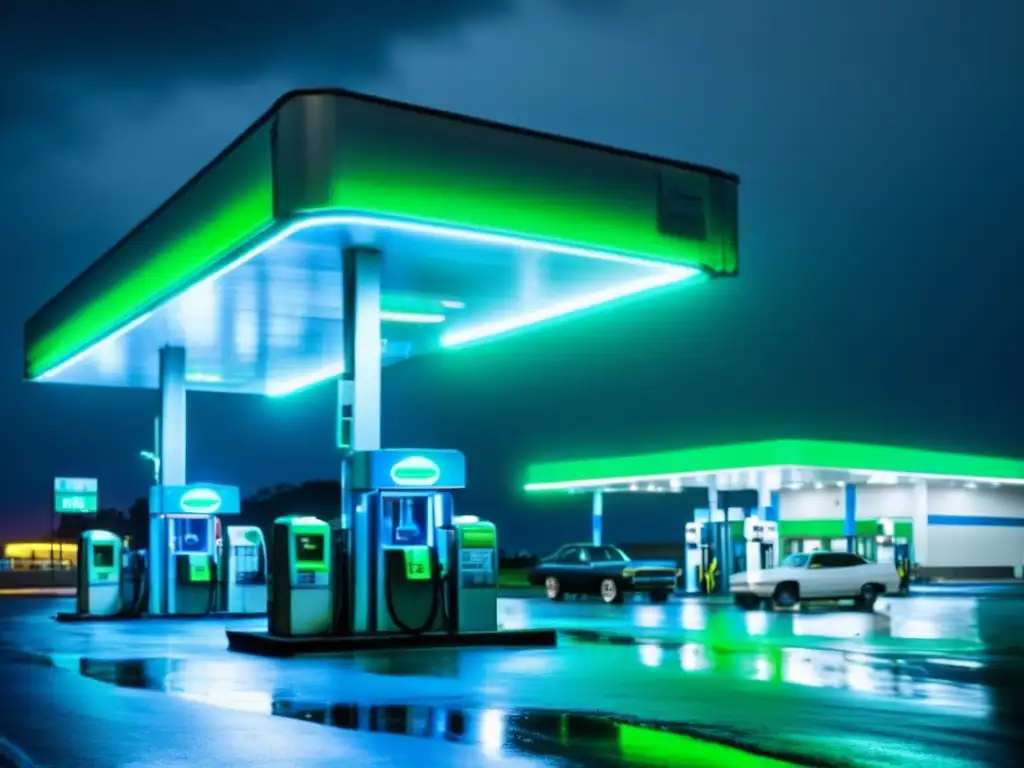
Calculate Your Gas Needs
Before a hurricane strikes, it's crucial to assess your gas needs properly. You should consider the duration of the storm, the estimated amount of travel you will do, and the generator's runtime if you have one.
A 7-day supply of gas is generally recommended if you plan to use a generator during a hurricane since it can be challenging to locate gas stations that are open after the storm. In addition, getting fuel is a primary concern after a storm since gas stations may not be operational for days due to power outages or flooding.
Fill Up Your Tank Early
Another important step in managing your gas needs is filling up your tank early, preferably before local officials issue mandatory evacuation orders. Filling up early can help you avoid long lines at gas stations, which can be exhausting and frustrating. It's crucial to note that gas stations may run out of fuel, so it's essential always to keep your gas tank full before a hurricane starts.
Know Alternative Fuel Sources
If gas stations run out of fuel, there are alternative fuel sources you can use, such as propane or natural gas. If you have a generator that runs on propane, it's essential to ensure your propane tank is full before the hurricane season begins. Additionally, natural gas pipelines are buried underground and tend to be resistant to flooding, which means that people who rely on natural gas for cooking and heating may not face supply disruptions during a hurricane.
How to Safely Store Gasoline
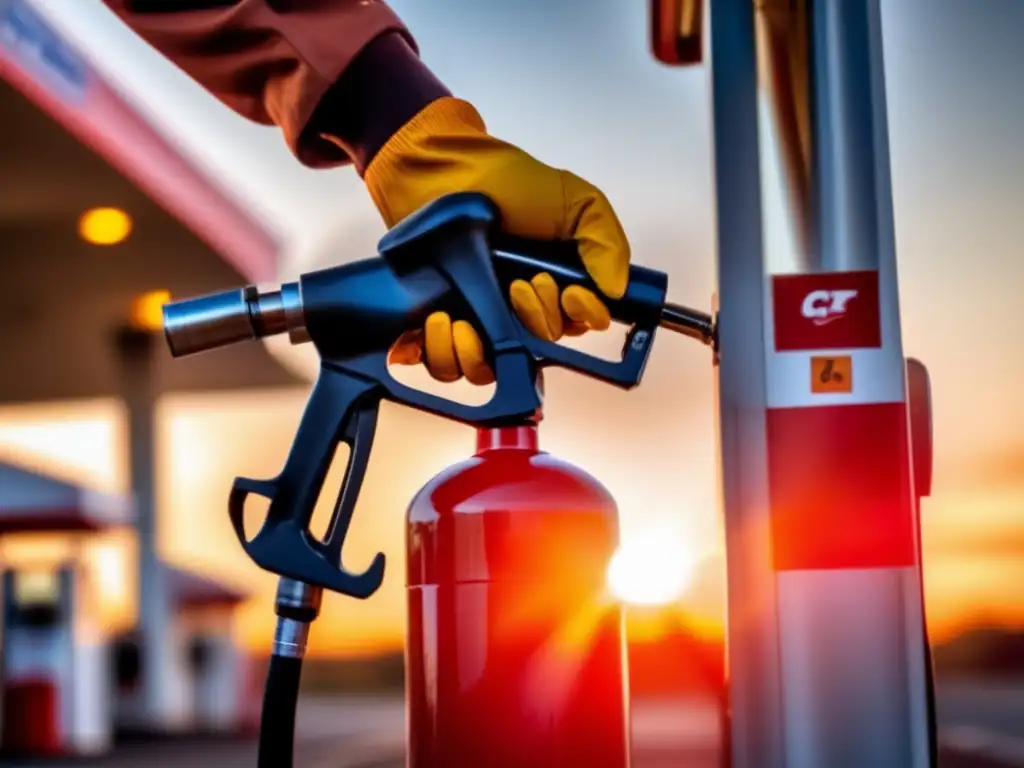
Store Gas in Approved Containers
If you plan to store gasoline, it's crucial to do so in approved containers. The container should be made of metal or plastic and should be approved by the Department of Transportation (DOT) or the National Fire Protection Association (NFPA). It's also essential to keep gasoline away from any heat sources, including space heaters, water heaters, and furnaces, as gasoline is highly flammable and can cause fires. Always store gasoline in a well-ventilated area, never inside your home or in your garage.
Label Your Containers
Another important safety measure is labeling your gasoline containers. Make sure to label each container with the date of purchase, the name of the fuel, and the grade to avoid confusion. If you have more than one container, make sure to label them accordingly, so you know which ones to use first.
Keep Gasoline Out of Reach of Children
It's also essential to keep gasoline out of reach of children. Always store gasoline in a locked cabinet or shed to prevent children from accidentally ingesting the fuel or playing with the containers. Inhalation of gasoline fumes can cause dizziness, headaches, and nausea, which can be deadly in extreme cases.
What to Do if You Run Out of Gas During a Hurricane

Don't Panic
If you run out of gas during a hurricane, the first thing to do is not to panic. Running out of gas can be stressful, but it's essential to remain calm and focus on finding alternative solutions. Avoid driving around aimlessly looking for gas – it's better to conserve fuel by staying put in a safe location.
Look for Alternative Fuel Sources
If you're running low on gas, look for alternative fuel sources such as propane or diesel fuel. These fuels may be readily available even if gas stations are closed. It's also essential to conserve fuel by turning off your car or generator when not in use or reducing unnecessary trips.
Plan Ahead for Future Hurricanes
If you run out of gas during a hurricane, make sure to plan ahead for future storms. Keep a note of how much fuel you used and how long it lasted so that you can calculate how much fuel you'll need for future hurricanes. It's also a good idea to start storing gasoline early and to always keep your gas tank full.
Frequently Asked Questions
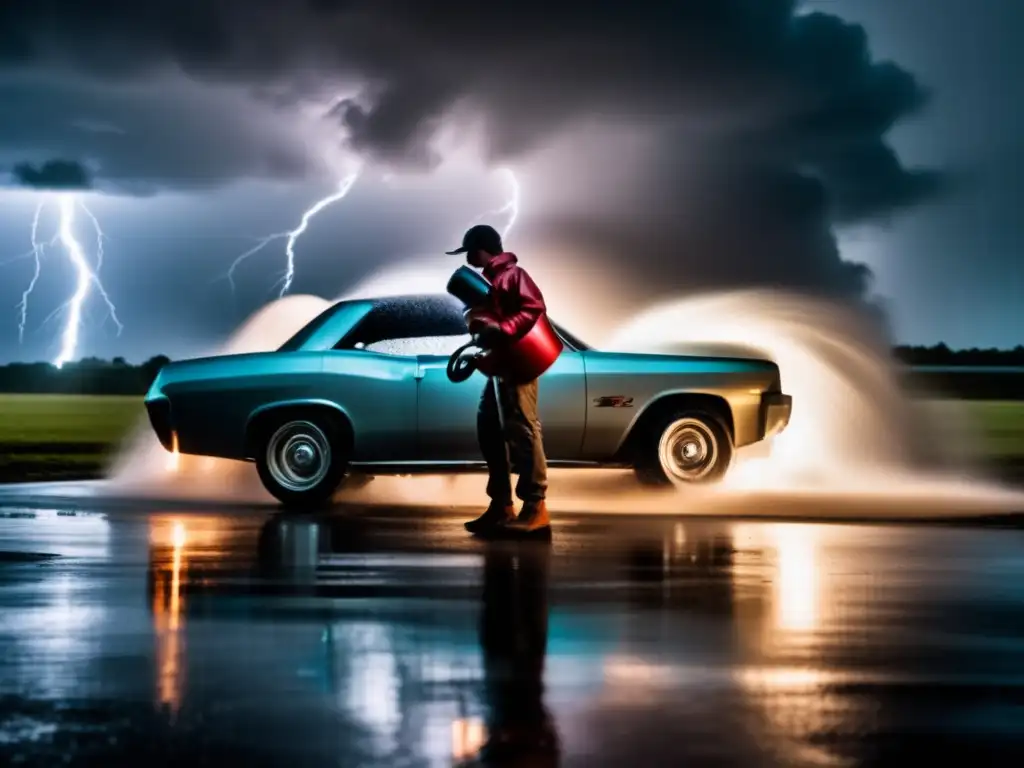
-
How much gas should I store before a hurricane?
We recommend storing at least a 7-day supply of gas before a hurricane.
-
Can I store gasoline inside my home or garage?
No, gasoline should never be stored inside your home or garage. It should always be stored in a well-ventilated area away from heat sources.
-
What should I do if I run out of gas during a hurricane?
You should avoid driving around aimlessly looking for gas. Instead, conserve fuel by staying put in a safe location and look for alternative fuel sources such as propane or diesel fuel.
-
Is natural gas a reliable source of energy during hurricanes?
Yes, natural gas pipelines tend to be buried underground and are resistant to flooding, which means that people who rely on natural gas for cooking and heating may not face supply disruptions during a hurricane.
-
What should I do if I need to refuel my car during a hurricane?
If you need to refuel your car during a hurricane, make sure to do it early before evacuation orders are issued. Always keep your gas tank full and avoid driving around aimlessly looking for gas.
Conclusion
Fueling up during a hurricane can be a stressful and challenging process, but with proper preparation, you can avoid potential complications. Calculating your gas needs, filling up your tank early, and knowing alternative fuel sources can help ensure that you have an adequate supply of fuel during a hurricane. Always store gasoline safely, label your containers, and keep gasoline out of reach of children. Remember to stay calm if you run out of gas during a hurricane, look for alternative fuel sources, and plan ahead for future storms. By following these tips, you can ensure that you're prepared for the next hurricane season.
At HurricaneInsider.org, we provide comprehensive information and guidance on preparing for hurricanes, staying safe during the storm, and recovering after the storm. We encourage our readers to share their thoughts and feedback in the comments section below. Please subscribe to our website to stay up to date with the latest hurricane-related news and information.
Additional Resources
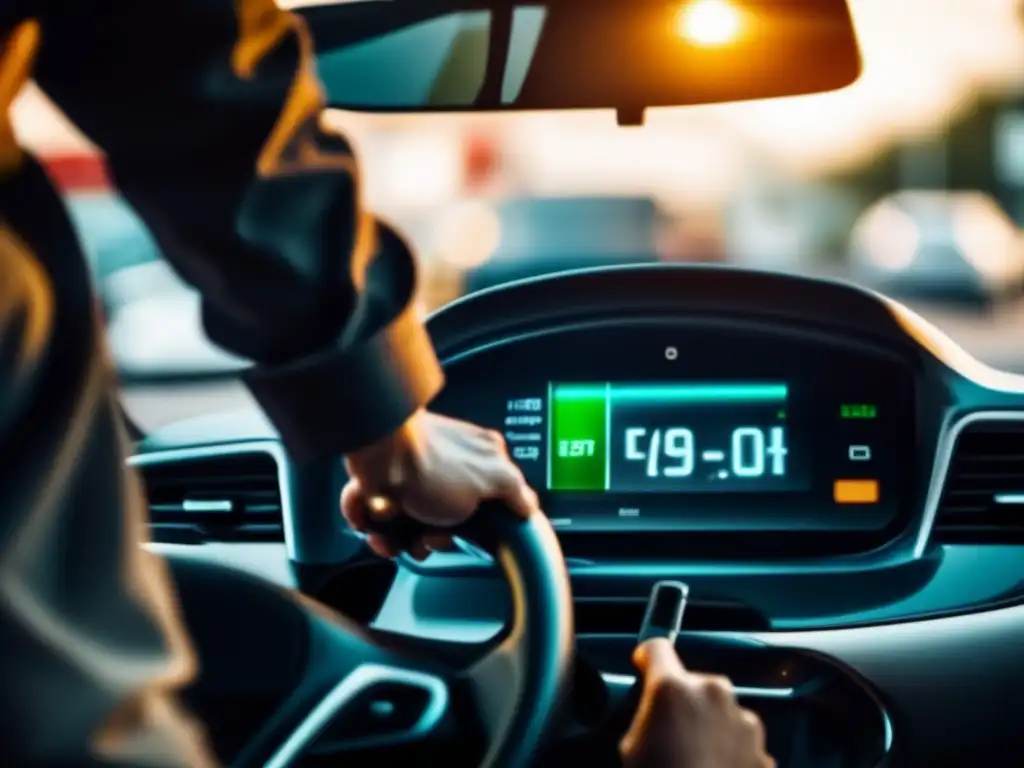
For more information on managing gas needs during a hurricane, please visit:
If you want to discover more articles similar to Fueling Up: Managing Gas Needs In Anticipation Of A Hurricane, you can visit the Hurricane preparedness: category.
Leave a Reply

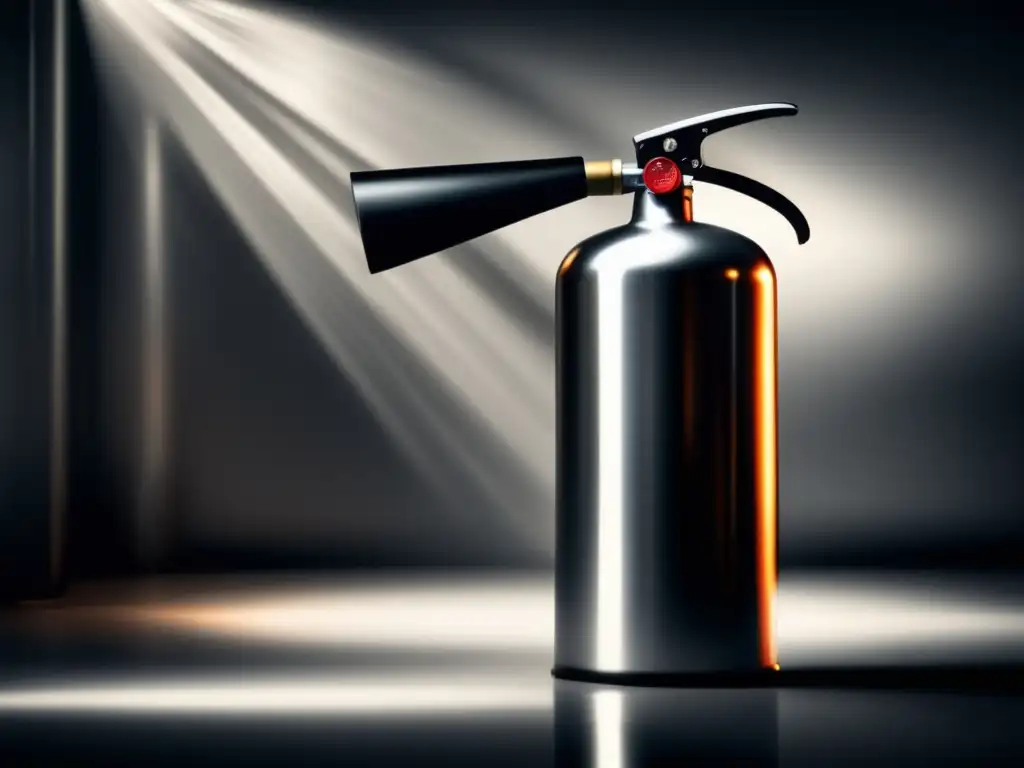
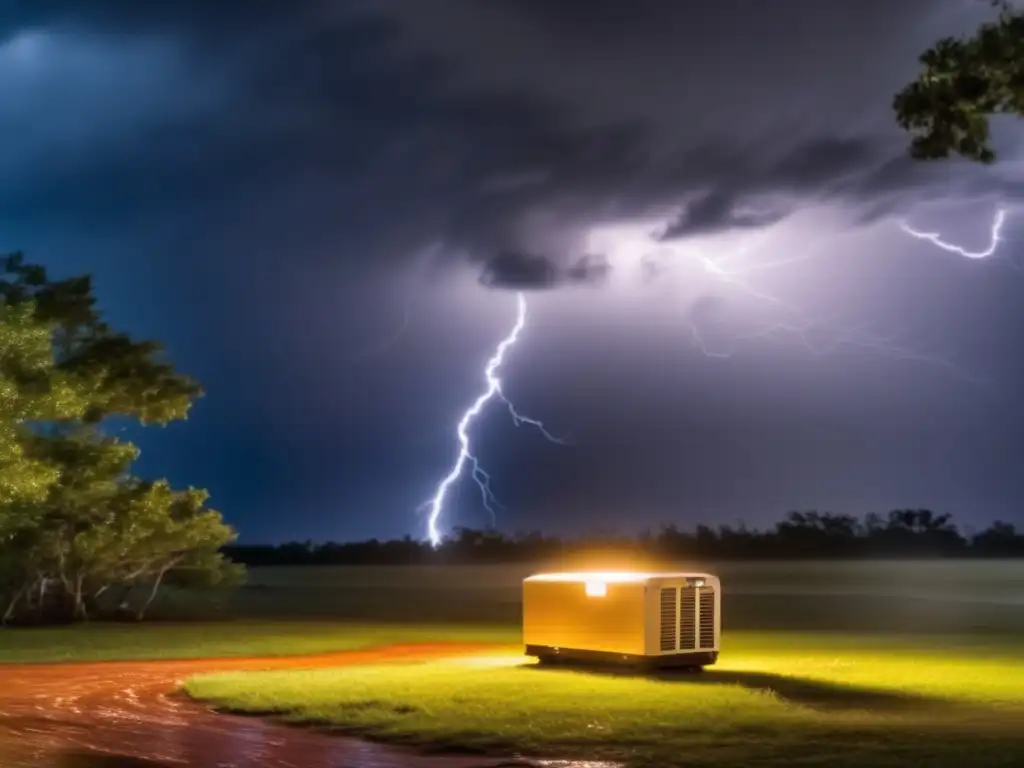
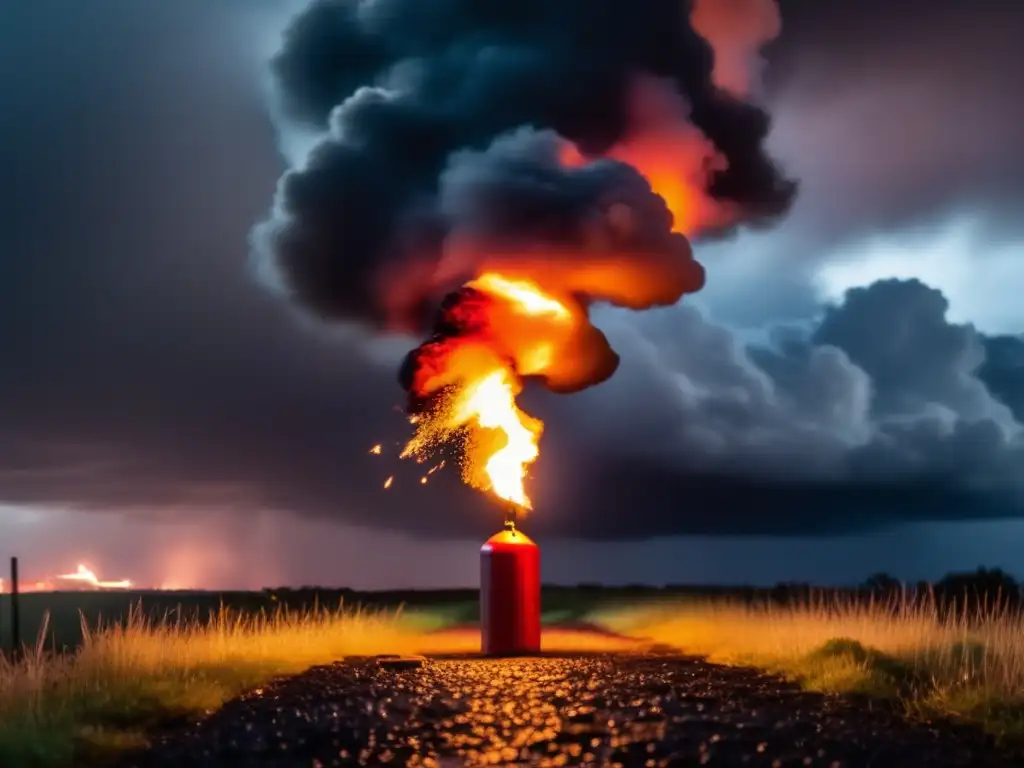
Articulos relacionados: